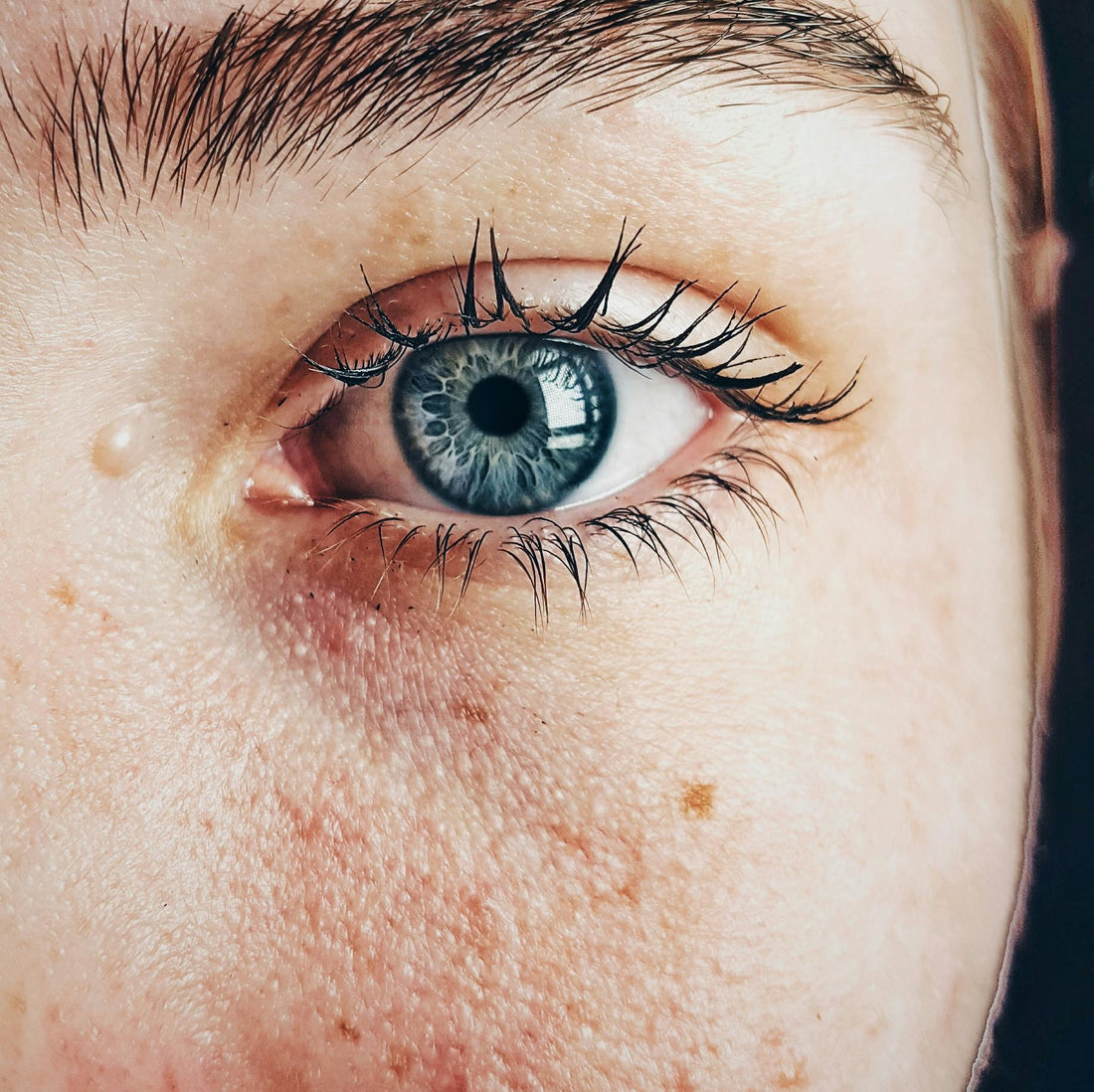
7 Ways to Even Skin Pigmentation
Skin pigmentation issues can be frustrating, but there are effective ways to achieve a balanced complexion. In this blog post, we'll explore the causes of uneven skin pigmentation and provide tips and treatments to help you achieve an even skin tone. Let's dive into understanding skin pigmentation and how you can manage it for a radiant, balanced complexion.
1. Understanding Skin Pigmentation
Definition: Skin pigmentation refers to the coloring of your skin, primarily determined by melanin, a pigment produced by melanocytes. Pigmentation issues arise when melanin production is imbalanced and uneven, leading to conditions like hyperpigmentation (dark spots) or hypopigmentation (light spots).
Causes: Common causes of uneven skin pigmentation include:
- Sun Exposure: UV rays stimulate melanin production, leading to sunspots and freckles and uneven skin tone
- Hormonal Changes: Conditions like melasma are often triggered by hormonal fluctuations during pregnancy or from contraceptive use.
- Aging: Over time, skin cell turnover slows down, leading to an accumulation of pigment in certain areas, like sun spots
- Skin Inflammation: Conditions such as acne or eczema can lead to post-inflammatory hyperpigmentation.
- Skin Trauma: Such as cuts, burns, or insect bites can also produce to uneven skin pigmentation.
2. Prevention Tips
Sun Protection: Daily sunscreen use is crucial. Apply a broad-spectrum SPF 30 or higher every day, even on cloudy days, to protect against UV rays that exacerbate pigmentation.
Healthy Lifestyle: Maintaining a balanced diet rich in antioxidants, staying hydrated, and avoiding smoking can all contribute to an even skin tone. Antioxidants combat free radicals, while hydration keeps the skin plump and healthy.
3. Topical Treatments
Vitamin C: Vitamin C serums are powerful antioxidants that help brighten the skin and reduce pigmentation. They inhibit melanin production and promote collagen synthesis.
Retinoids: Retinoids, derivatives of vitamin A, speed up cell turnover and help fade pigmentation. They also improve skin texture and reduce wrinkles.
Niacinamide: This form of vitamin B3 is effective in reducing pigmentation and improving skin barrier function. It minimizes the transfer of pigment to skin cells, leading to a more even tone.
Hydroquinone: Hydroquinone is a potent skin-lightening agent that reduces melanin production. It is often used for treating severe hyperpigmentation but should be used under medical supervision.
4. Professional Treatments
Chemical Peels: Chemical peels use acids to exfoliate the top layers of the skin, reducing pigmentation and revealing brighter skin underneath. For professional treatments, visit Precision Skin and Body Institute.
Laser Therapy: Laser treatments target and break down pigment in the skin. Different lasers are used for different types of pigmentation issues, providing precise treatment options.
Microneedling: Microneedling involves creating tiny punctures in the skin to stimulate collagen production and improve pigmentation. This treatment can be effective for a variety of pigmentation problems.
5. Natural Remedies
Aloe Vera: Botanical favorite, aloe vera, is known for its soothing properties and can help reduce pigmentation due to its active compound, aloesin, which inhibits melanin production.
Licorice Extract: As a skin adaptogen, licorice contains glabridin, which has skin-brightening properties and can help fade dark spots.
Green Tea Extract: Green tea is botanical rich in antioxidants that help protect the skin from environmental damage and reduce pigmentation.
6. Skincare Routine for Even Skin Tone
Cleansing: Start with a gentle cleanser to remove impurities without stripping the skin of its natural oils. This sets the stage for effective absorption of treatment products.
Exfoliation: Regular exfoliation is crucial for removing dead skin cells and allowing active ingredients to penetrate more effectively. However, avoid over-exfoliating as it can lead to irritation. Check out our Mask-Polish-Peel at home facial Stamina Mask for a decadant blueberry-glycolic acid exfoliative boost.
Moisturizing: Use a skin brightening moisturizer to keep your skin hydrated and support the skin barrier. The Stamina Intention Moisturizer is excellent for this purpose, providing multifunction features: botanical skin stress reduction and hydration and antioxidant pigment correction while reinforcing the skin's natural defenses.
Consistent Routine: Consistency is key in any skincare routine. Stick to your regimen and give products time to work.
7. Dermatologist-Recommended Products
Stamina Mist: The Stamina Mist is perfect for refreshing and hydrating your skin throughout the day, keeping it calm and soothed.
Stamina Serum: The Stamina Serum works overnight to repair and brighten your skin, reducing pigmentation and enhancing your skin's resilience.
Stamina Moisturizer: The Stamina Intention Moisturizer helps maintain a healthy skin barrier, crucial for preventing and treating pigmentation.
Stamina Mask: Incorporate the Stamina Mask into your routine for a deep treatment that addresses pigmentation and blemishes.
Use the Right Approach and Products to Even Skin Pigmetnation
Achieving even skin pigmentation takes time and consistency, but with the right approach and products, it is entirely possible. Protect your skin from the sun, incorporate effective topical treatments, and consider professional options if necessary. Remember to be patient and persistent, and your skin will reward you with a balanced, radiant complexion.
If you're dealing with severe pigmentation issues, don't hesitate to consult a dermatologist or visit the Precision Skin & Body Institute for professional guidance.
Let's embrace our journey to even skin tone and celebrate the progress along the way! Happy July, Hyperpigmeantion Awareness Months!
